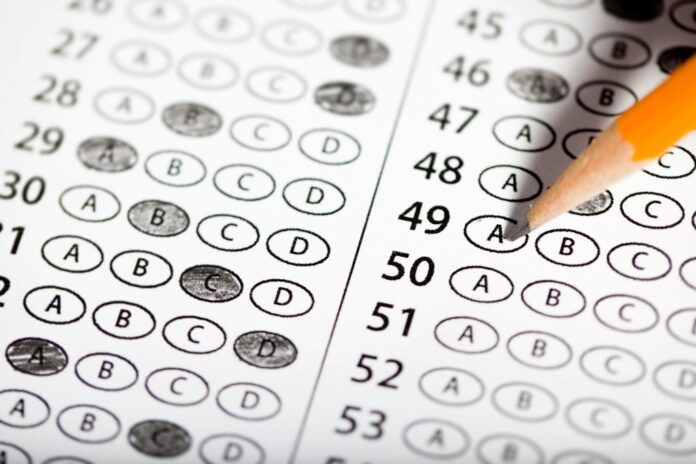The article critiques the ongoing debate surrounding the Law School Admission Test (LSAT), which faces potential removal as a requirement by the American Bar Association (ABA). Here are the key points highlighted:
Critiques and Arguments Against the LSAT:
- Bias and Discrimination Concerns:
- Critics argue that standardized tests like the LSAT are inherently biased and do not accurately measure a candidate’s potential or abilities, especially in fields like law where diverse backgrounds and experiences are valuable.
- There is a push to replace the LSAT with more inclusive admission criteria that consider a broader range of factors beyond test scores.
- Educational and Philosophical Debate:
- The article delves into the philosophical debate within legal education about whether law should be taught as an autonomous discipline or integrated with other fields like sociology, psychology, and history.
- Critics of the LSAT argue that it fails to assess skills necessary for legal practice and may unfairly disadvantage applicants from disadvantaged backgrounds.
- Commercial and Market Forces:
- It discusses how the LSAT’s relevance is tied to the economic interests of law schools, which depend on high tuition fees and maintaining a competitive edge in student recruitment.
- Law schools are increasingly viewed as businesses competing for students, which influences their stance on admission criteria like the LSAT.
- Role and Perception of Legal Education:
- The article challenges the notion that law schools primarily train future lawyers, suggesting that they often prioritize academic research and prestige over practical legal training.
- It questions whether the LSAT serves as a genuine predictor of success on the Bar exam, which is the licensure test for new lawyers.
- Alternative Perspectives:
- Advocates for reform propose alternatives such as allowing a wider range of applicants to take the Bar exam directly, regardless of their educational background or previous training.
Overall Perspective:
The article presents a critical view of the LSAT’s role in legal education, highlighting concerns about bias, commercial interests, and its effectiveness in predicting success in legal practice. It challenges the traditional model of legal education and suggests that reforms are necessary to address changing societal needs and educational philosophies.











